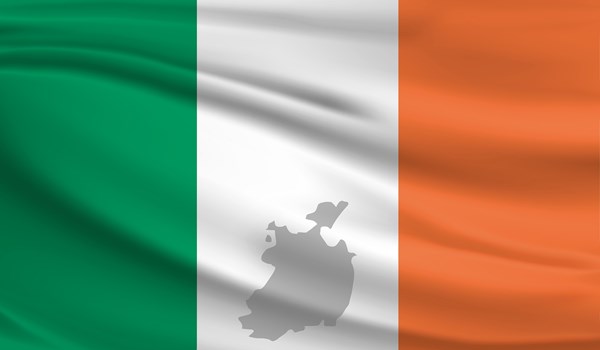Jurisdictions
Regions
Industry Sectors
20/05/21
IRELAND: EU says hefty Irish royalty flows show ‘aggressive’ tax moves.

As published on independent.ie, Thursday 20 May, 2021.
Ireland is “by far” the EU’s largest source of royalty payments to offshore tax havens, the EU says.
In 2018, Irish-resident companies charged foreign countries a massive amount – equivalent to almost 25pc of Irish GDP – for the use of their intellectual property rights.
And more than 45pc of those royalty payments went to “offshore financial centres”, the European Commission said in its annual report on taxation 2021.
The Netherlands had the second-highest level of outgoing royalty payments, at around 6pc of GDP. Data on how much of that money was sent to offshore tax havens was not available.
“Ireland is, by far, the country that displays the highest ratio of outgoing royalty flows relatively to its GDP,” the report said.
“Such indicators are not in themselves conclusive proof that a country is being used for tax avoidance purposes, but they can contribute to a body of evidence that indicates that [aggressive tax planning] is occurring in a specific country.”
Ireland was second-highest (after The Netherlands) for inflows of intellectual property rights from the rest of the world.
The paper also highlights Ireland’s “extremely high” ratio of foreign direct investment compared to the size of the domestic economy.
The findings come the day after the EU published a corporate tax roadmap that it hopes will end harmful tax competition within the EU.
The Minister for Public Expenditure, Michael McGrath, has said previously that Ireland is viewed with a degree of envy across the EU because of our success in attracting foreign investment.
He and Finance Minister Paschal Donohoe, have insisted the 12.5pc corporate tax rate is here to stay.
But new EU rules, coming on the back of a potential global deal led by the US and the Organisation for Cooperation and Development, could put an end to the tax benefits of locating in Ireland.
The EU’s intends to table its new corporate tax rulebook in 2023, targeting multinationals where they base their sales, assets and workforce.
But the Commission said it would first propose a digital levy by mid-July - despite trenchant US opposition to the idea - followed by a ban on using shell companies to avoid paying taxes.
In its annual report on taxation for 2021, the Commission also said high numbers of self-employed people in Ireland are under-reporting their income. And it singled out Ireland for reducing the top rate of income tax from 48pc to 40pc last year.
Ireland has the lowest overall tax to GDP ratio in the EU, at 22.1pc, compared to an EU average of over 40pc.



